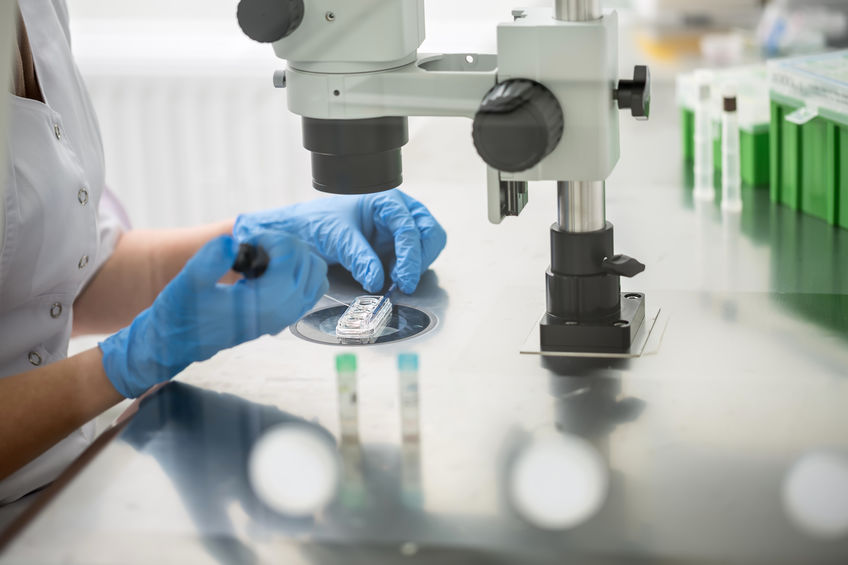Is That STD Result Positive Or A False Positive? Know The Difference

Testing for diseases is crucial in locating infected people and providing them necessary treatment and medication. Test results go a long way in helping contain and control diseases. However, it is important to bear in mind that no test results are 100 percent accurate. The occasional false positives and negatives that crop up in test results are testimony to this aberration.
What is a false positive?
So let us begin with understanding what false positives and false negatives are in test results. When a test result proclaims that a person has tested positive for a disease when in fact he/she does not have the disease, it is termed as a false positive. A false negative is just the opposite. When a test certifies that a person has tested negative for a disease when he/she is actually positive, it is known as a false negative.
False positives are not uncommon during testing for STDs (Sexually Transmitted Diseases). Imagine you go in for STD testing Washington DC and receive conflicting results – your urine test comes back positive while the swab test may be negative. So are you positive or negative? It is impossible to be sure. Your doctor may suggest another round of tests or decide to get you started on antibiotics anyway.
Understand the causes of false positives
If you receive conflicting results or suspect that the STD testing Washington DC result is a false positive one, do not immediately place the blame on the lab staff or their equipment. Instead, you must be aware of the causes of false positives that include aspects such as sensitivity and specificity of tests. Here is a closer look into these two terms that are integral in determining the efficacy of STD tests.
Sensitivity of a test indicates how accurate it is in locating people who are infected. Specificity is an aspect that denotes the effectiveness of a test in finding out which people have not been affected by the disease.
It is easy to understand the significance of sensitivity. It helps locate maximum number of people with the disease. However, people often fail to grasp the importance of specificity. After all, why would tests be devised to find out who do not have a disease? The explanation is surprisingly simple. If there was no system in place to precisely determine the negative status of a test, the results will feature an alarmingly high number of false positives.
What to do if STD results are unclear?
If your STD testing DC results come out with conflicting outcomes, it is best to have a word with your doctor or healthcare provider regarding the next course of action. If the particular STD requires simple treatment, it would be best to begin treatment even if you are unsure about the test result. On the other hand, if the STD calls for long-term treatment and expensive medications, the doctor may suggest that you get retested.
With inconsistent STD testing Washington DC results, you may be unsure about what to tell your sexual partner/s. The best option here is to be frank and let them know that the results were not clear about whether you have an STD or not. They can then decide to get tested or seek treatment.



